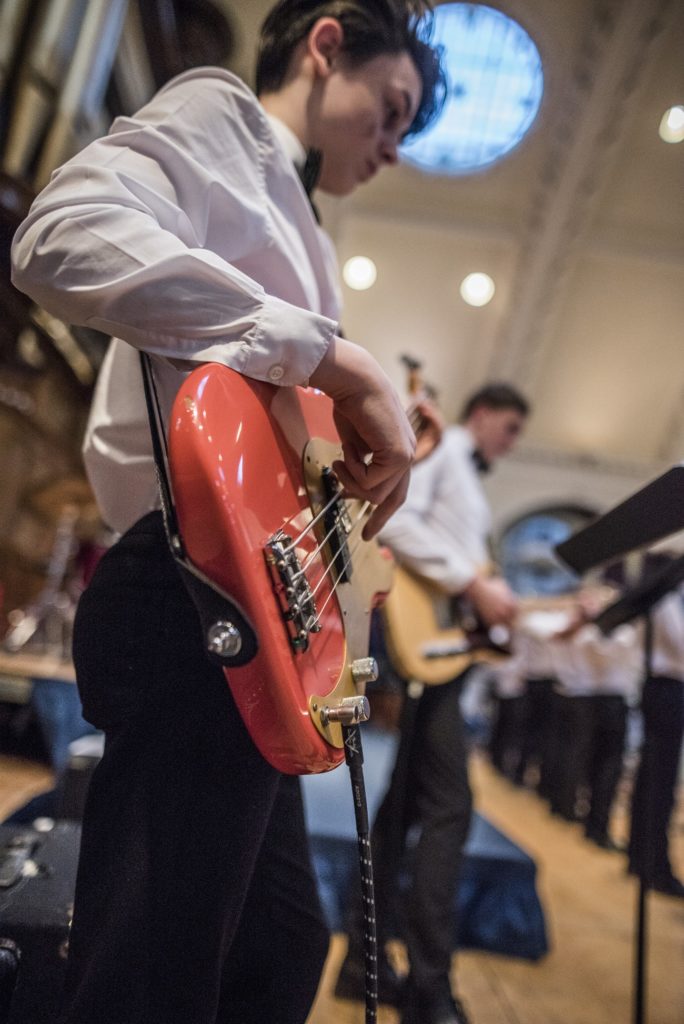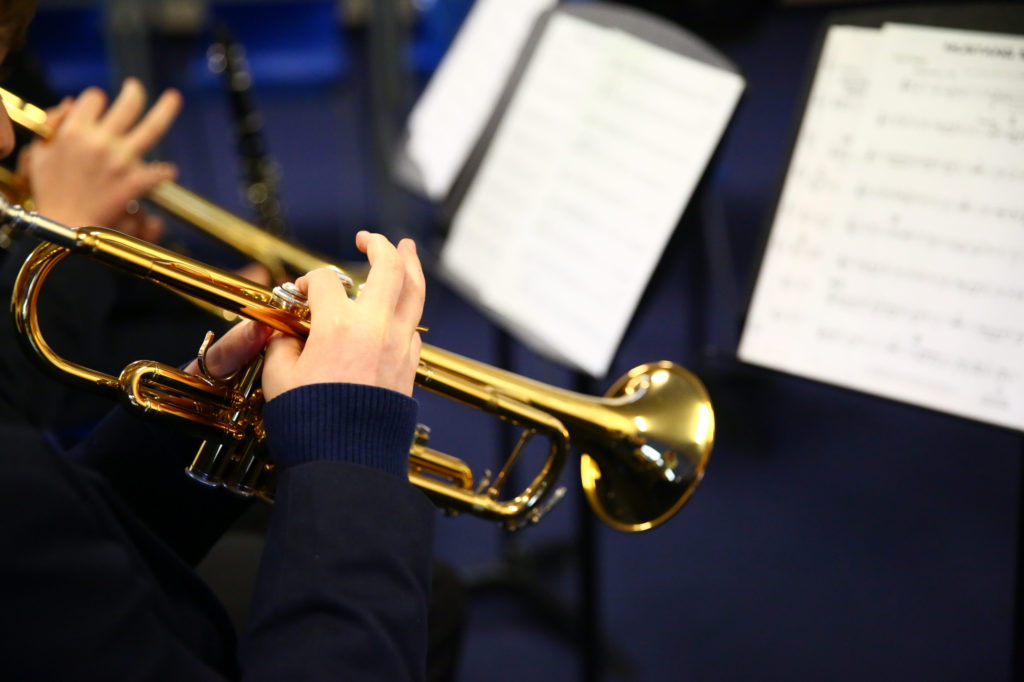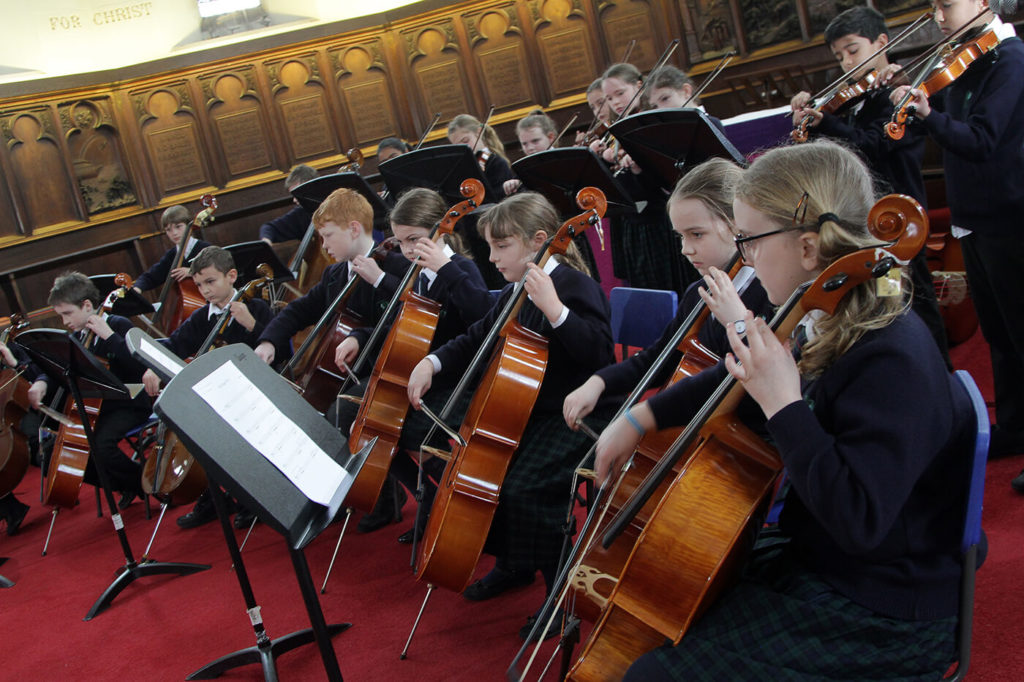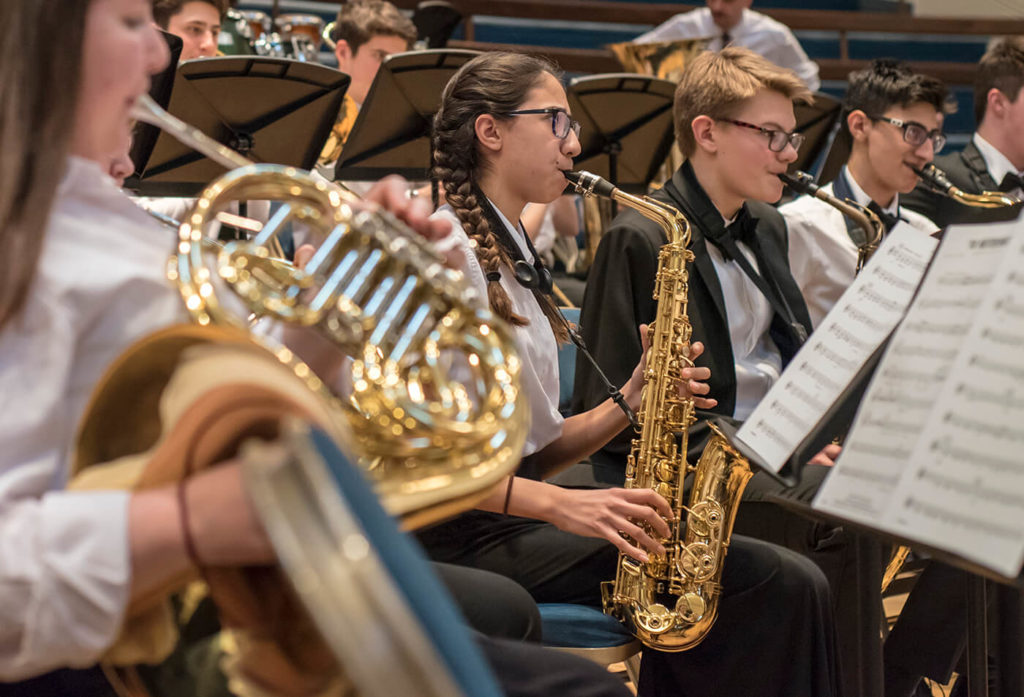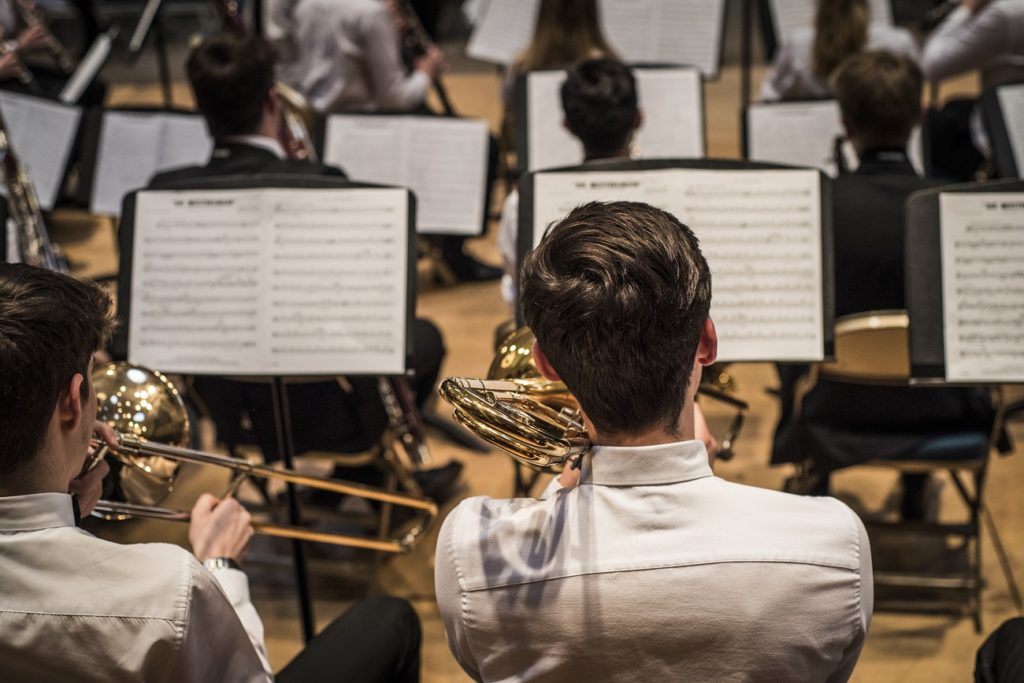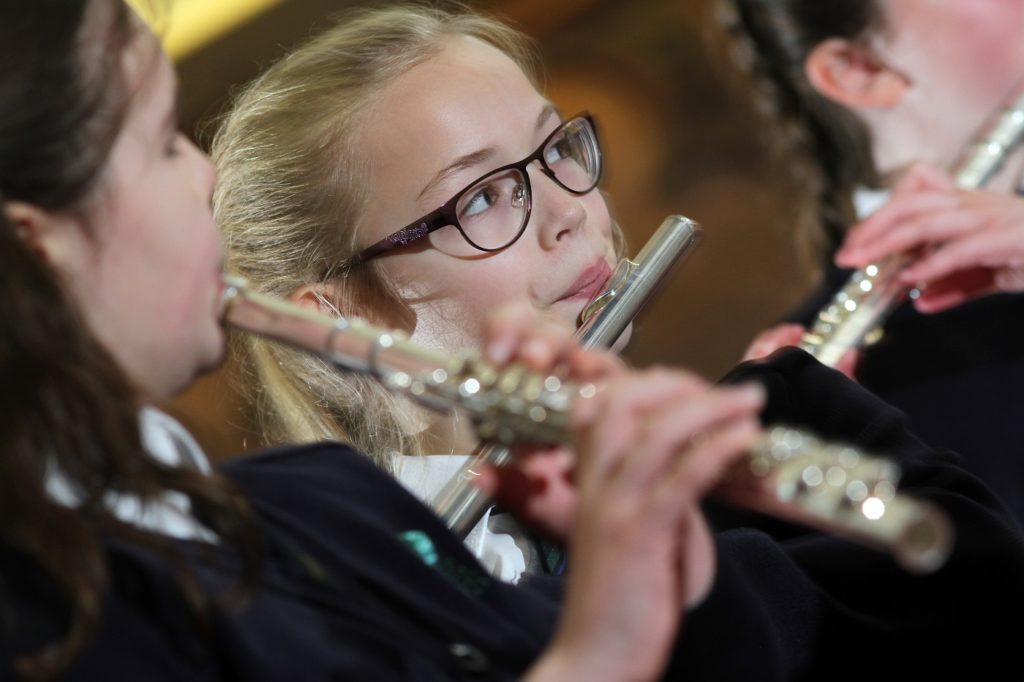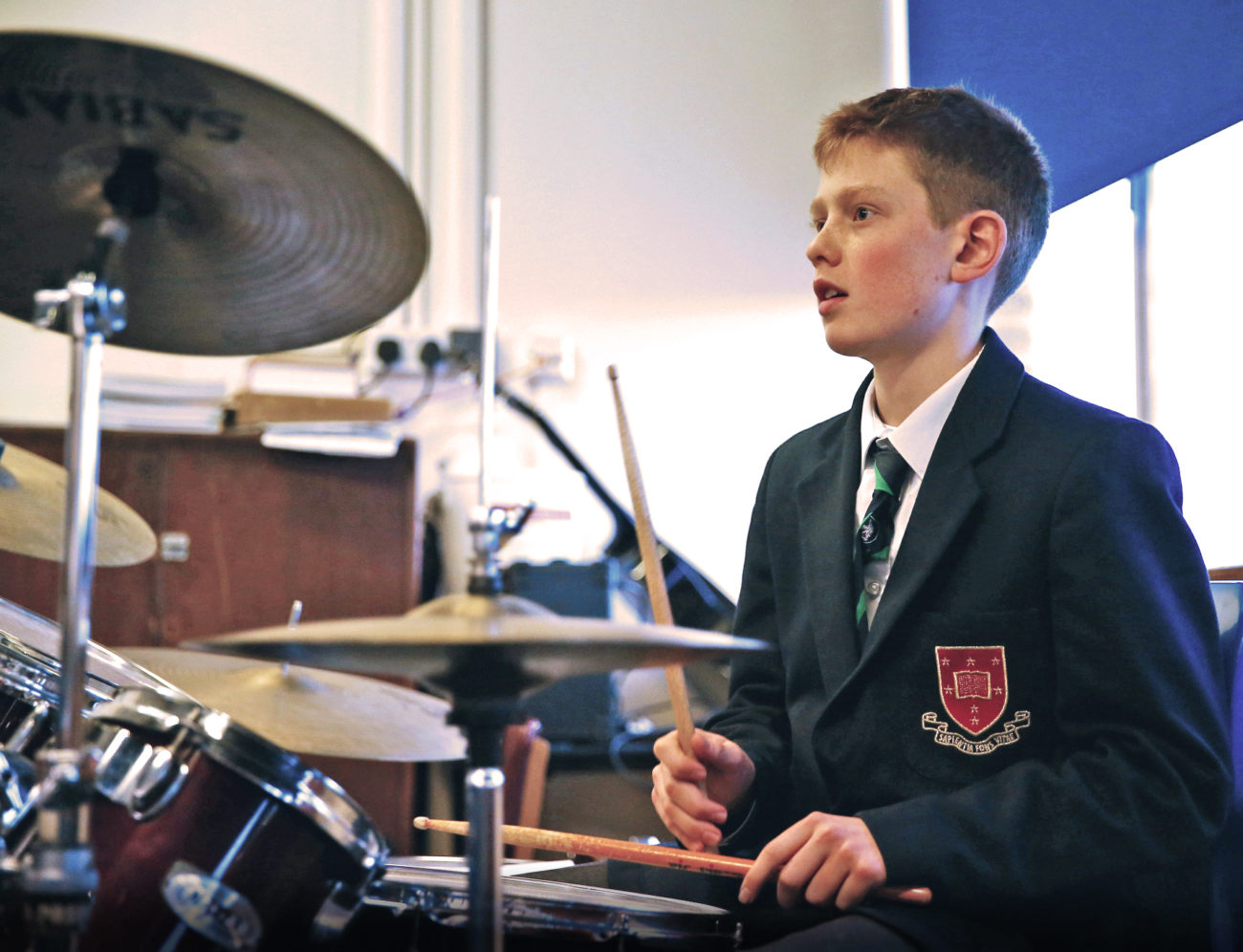
Music is a central part of the all-round education we provide, even while pupils are learning remotely. Playing an instrument has been proven to enhance your mood, decrease anxiety and stress and improve brain function. With a host of benefits for well-being and brain power, it is an ideal time for people of all ages to aim to go further in their musical development.
Musicians at Trent College and The Elms will already know the importance of practising at home, however Mr Foster, Director of Music, has some top tips that will help you to get the most out of your time.
Practise Daily
Beginners should aim for 20 to 30 minutes of quality practice every day to see maximum progress. Musicians at grade 4 and above should extend that to 30 to 45 minutes, and more advanced players would benefit from a full hour. Remember, you can always practise for longer!
Structure your practice
Before you even pick up your instrument, plan out your practice session. What will your warm up look like? What pieces are you going to work on? How long are you going to spend practising each section? Planning will ensure you make the most of the allocated time you have. It is also important that you don’t aim to do too much during one session – instead create a timetable to enable you to break up the work into manageable sections.
Warm up
Make sure you dedicate at least five minutes to warming up. Depending on the instrument you play, this could involve anything from long notes, scales, or technical exercises, to buzzing your mouthpiece or practising some long, slow breaths.
Start with something you enjoy
Conclude your warm up by playing a piece of music you enjoy. This will leave you in a positive mood, feeling accomplished and ready to move onto the more challenging parts of your practice.
Repetition is key
When you are faced with a particularly difficult bar or passage, practise it carefully and practise it a lot. If you can play it slowly, you’ll be able to play it quickly eventually. Make sure you are confident it is perfect before you tackle the next section. You can then join them together, and repeat the process until you reach the end of the piece, enabling you to string it all together!
An experience best shared
Music is a unifying force within our whole school community and we are firm believers that the benefits of music are greatest when the experience is shared with others. There is no reason why this cannot continue to be the case while we stay at home. Why not organise a jam session with other musicians over video chat, such as Microsoft Teams, Skype, Zoom or FaceTime? Or perhaps call a friend or relative and share your rehearsal with them? You could even perform a music recital at home for your family.
